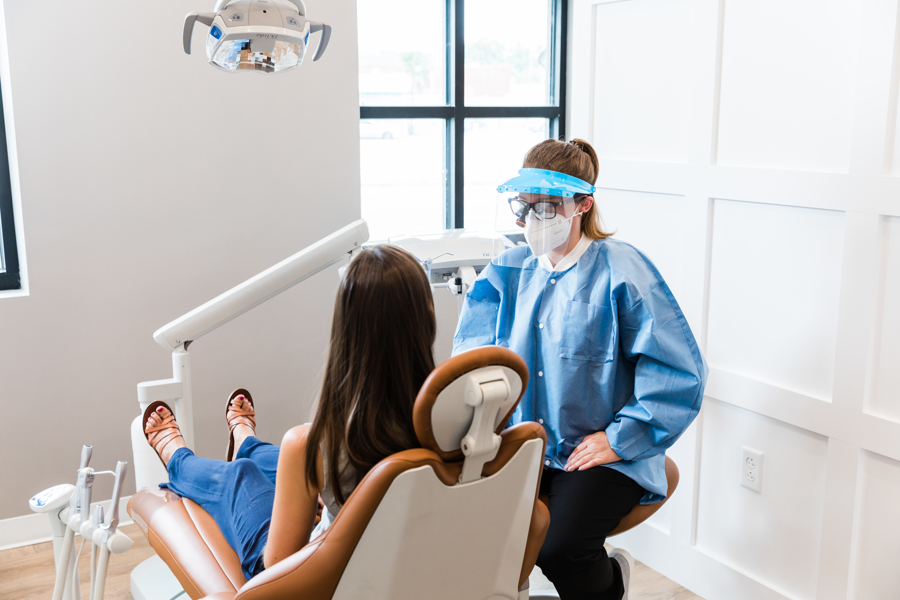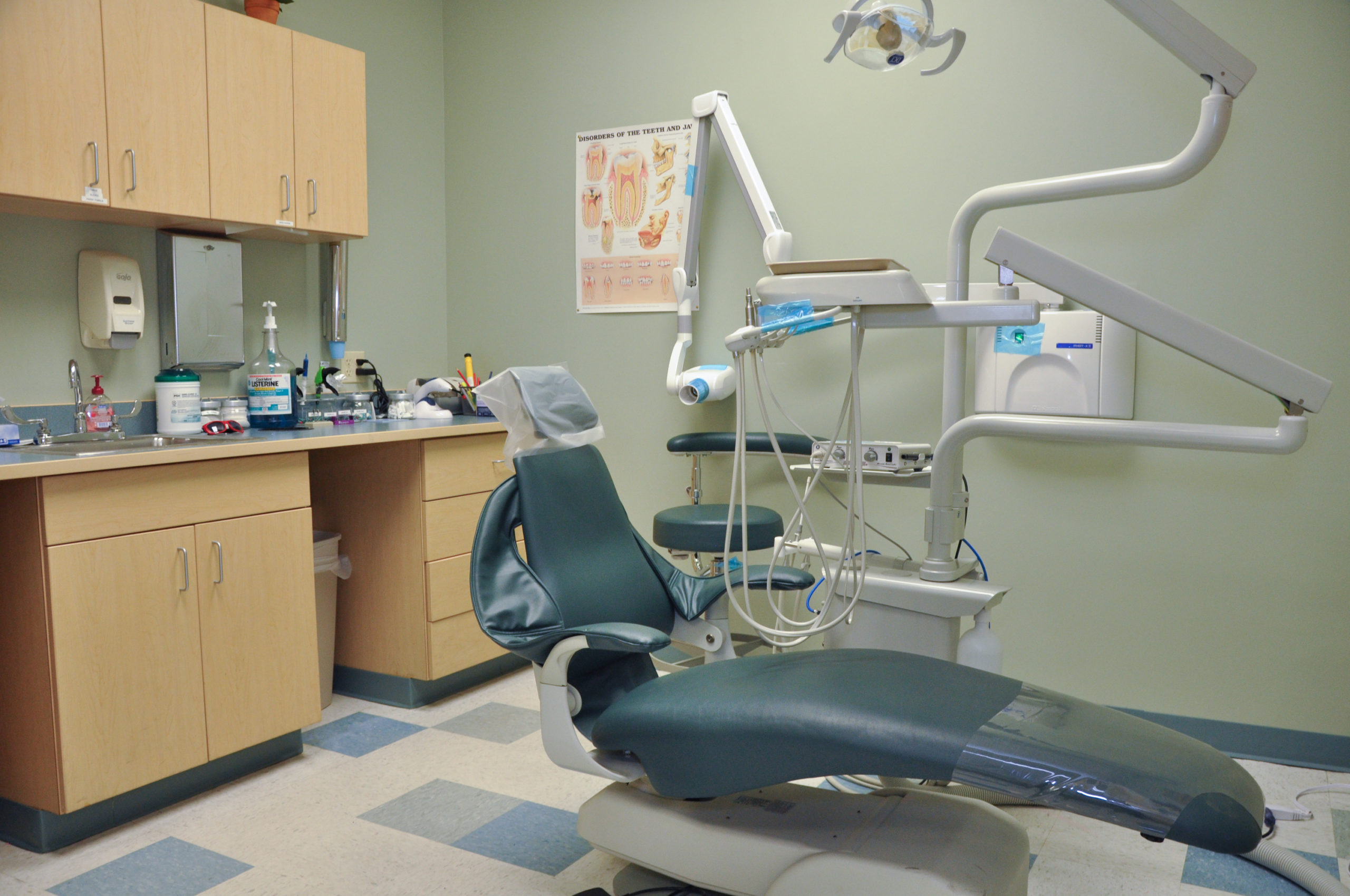Find the very best Dentist in Eugene Oregon for Your Family's Oral Needs
Find the very best Dentist in Eugene Oregon for Your Family's Oral Needs
Blog Article
Learn More About Regular Oral Issues Your Dental Practitioner Can Fix
Comprehending constant oral problems is important for maintaining optimum dental health. Concerns such as tooth cavities, periodontal disease, tooth level of sensitivity, halitosis, and dental cavity are usual yet typically forgotten until they become severe. Dental professionals have the expertise to diagnose and deal with these conditions, consequently protecting against further complications. Regular dental gos to and customized care plans can attend to these issues efficiently, guaranteeing a much healthier and brighter smile. What specific therapies do dental experts use to battle these problems, and how can early treatment make a distinction? The solution to these concerns provide important understandings right into safeguarding your dental health.
Tooth Cavities
Cavities, also called cavities, are a common dental health and wellness problem brought on by the demineralization of tooth enamel because of acid production from microbial plaque. This procedure starts when microorganisms in the mouth metabolize sugars and starches from food, producing acids that wear down the enamel. Otherwise resolved promptly, this disintegration can penetrate deeper into the tooth, influencing the dentin and at some point the pulp, possibly resulting in extreme discomfort and infection.
The early phases of tooth cavity development commonly existing as white spots on the tooth surface, indicating initial demineralization. As the procedure proceeds, these areas can turn into black or brownish lesions, signifying a lot more comprehensive decay. Normal dental examinations are essential for very early detection, as dental caries in their inceptive phases can be treated with remineralization methods, such as fluoride treatments.
Once a dental caries has created, corrective treatment is necessary. Dental professionals typically get rid of the decayed portion of the tooth and fill up the cavity with materials such as composite resin, amalgam, or ceramic. In a lot more severe situations, a crown or root canal therapy may be needed. Preventive measures, consisting of great dental hygiene practices and dietary modifications, play an essential function in mitigating the threat of cavities.
Gum Illness
While dental caries represent a considerable concern for oral health, another vital issue that requires attention is gum tissue condition. Also understood as periodontal condition, gum condition is an inflammatory problem affecting the tissues surrounding and sustaining the teeth. It is mainly brought on by the accumulation of plaque-- a sticky movie of germs that develops on teeth.
Gum condition advances through phases, beginning with gingivitis, defined by soreness, swelling, and hemorrhaging gums (eugene dentist). If left untreated, gingivitis can rise to periodontitis, where the internal layer of the periodontal and bone draw away from the teeth, forming pockets that end up being contaminated. Over time, the contaminants created by the bacteria damage down the bone and connective cells that hold teeth in position, potentially resulting in tooth loss
Very early detection and treatment are essential. Specialist dental cleanings and enhanced oral hygiene techniques, such as brushing two times day-to-day and flossing, can take care of gingivitis. For even more advanced stages, treatments may consist of scaling and origin planing, antibiotics, or also medical treatments.
Routine oral check-ups play a critical duty in protecting against and handling gum tissue condition. Dentists can identify early indications and suggest appropriate treatments, ensuring the upkeep of healthy and balanced periodontals and overall dental health and wellness.
Tooth Level Of Sensitivity
Tooth level of sensitivity impacts countless individuals worldwide, providing an usual yet usually traumatic oral problem. This condition arises when the enamel, the outermost safety layer of the teeth, is jeopardized, exposing the underlying dentin. The dentin includes microscopic tubules that lead directly to the oral pulp, address where nerves stay. When subjected to stimuli such as hot, cool, wonderful, or acidic substances, these nerves are caused, creating sharp pain or discomfort.
Numerous elements contribute to enamel disintegration and subsequent tooth level of sensitivity, consisting of aggressive cleaning, acidic foods and beverages, periodontal recession, and bruxism (teeth grinding) In addition, dental treatments such as teeth bleaching can temporarily increase sensitivity.
Foul-smelling Breath
One more common dental concern that influences people' everyday lives is negative breath, medically called bad breath. Bad breath frequently originates from inadequate oral health, which allows food fragments to stay in the mouth, cultivating microbial development.

Dental professionals play an essential role in treating and diagnosing halitosis. They can determine the origin through a comprehensive evaluation and offer tailored guidance and treatment plans. Suggestions may involve improving dental hygiene methods, such as normal cleaning and flossing, making use go right here of antibacterial mouthwashes, remaining moisturized, and resolving any type of oral issues. Sometimes, a referral to a professional may be essential to take on underlying health troubles adding to foul breath. Reliable monitoring of halitosis not only boosts dental wellness however also significantly enhances lifestyle.
Tooth Decay

Stopping dental caries involves a combination of great oral hygiene methods and regular dental check-ups. Cleaning teeth at the very least twice daily with fluoride toothpaste, flossing to eliminate plaque between teeth, and limiting the intake of sweet foods and beverages are crucial safety nets. Fluoride therapies, dental sealants, and expert cleansings offered by a dental practitioner can also play a substantial function in strengthening enamel and preventing decay.
Dental experts can get rid Get the facts of decayed cells and recover the tooth with dental fillings made from materials such as composite material, amalgam, or porcelain. By addressing tooth decay promptly, dental practitioners help protect oral structure and feature, making certain lasting dental wellness.
Conclusion
Resolving common oral worries such as tooth cavities, gum tissue disease, tooth sensitivity, poor breath, and tooth decay is essential for preserving optimal dental health and total health. Dental experts have the know-how to detect and deal with these issues successfully, making sure customized take care of each client. Normal dental exams and safety nets are crucial in recognizing and managing these problems early, advertising a much healthier and extra positive smile over a life time.

Tooth degeneration, also recognized as oral decays, occurs when the enamel, the outer layer of the tooth, is worn down by acids created by bacteria in the mouth. Brushing teeth at least two times daily with fluoride tooth paste, flossing to remove plaque in between teeth, and limiting the consumption of sweet foods and beverages are important precautionary measures.Addressing common dental problems such as cavities, gum illness, tooth sensitivity, negative breath, and tooth decay is essential for preserving ideal oral wellness and overall wellness.
Report this page